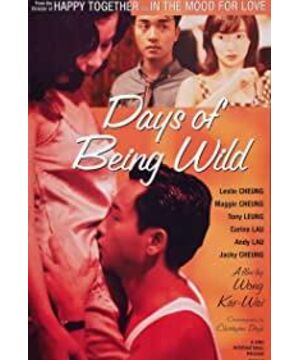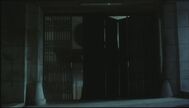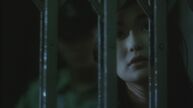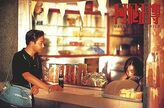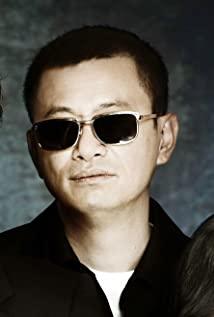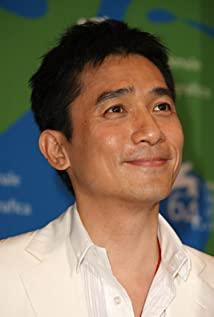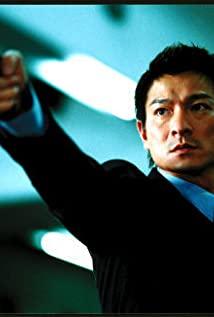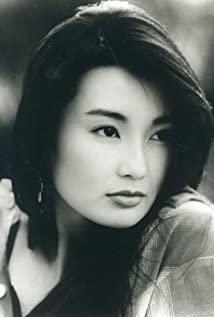In Wong Kar-wai's films, most of the characters exude a loneliness that is not pungent but thought-provoking. For example, Xu Zai in "The True Story", although he is handsome and suave, always gives people a sense of alienation, and the audience can experience an unspeakable sadness in front of the movie screen. Just like Ouyang Feng in "Evil in the East and Poison in the West", he lives in the boundless desert, and he can perceive his boundless loneliness even more than the desert without expressing his inner sadness or anger. There are countless characters with such a powerful sense of loneliness in Wong Kar-wai's films. (...) However, it is not difficult to find out the reasons for Wong Kar-wai's film idea, but most of them are ignored, whether intentional or unintentional, urban people will have a special sense of loneliness, and he plays a big role in Wong Kar-wai's films. Most are solitary. No family introduction, no very good friends, as if abandoned by the world. However, Wong Kar-wai picks up these abandoned people one by one into a feeling that makes you speechless after watching the movie. This is a common problem for people in Hong Kong and in the city, communication barriers. It is a kind of joy or sadness that is smothered in the heart. In order to protect himself, he did not analyze himself, so he remained silent. This kind of inexplicable affection is put on the screen, and with the near-perfect audio-visual effect, it can always arouse the deep resonance of people with delicate feelings.
Hong Kong is an island, and there is an inherent sense of loneliness in terms of geographical environment. Furthermore, it is precisely because Hong Kong is an island that it was affected by the Western economy earlier. In the process of rapid economic development, the cultural atmosphere is also changing subtly. At the same time, Hong Kong films have also been affected by various foreign influences. Among them, Hollywood films have the most powerful influence on Hong Kong films. In the first chapter of the book "The Secret of Hong Kong Cinema" written by David Bordwell, it is pointed out that Hong Kong cinema has forged an indissoluble bond with the United States from the very beginning. Hong Kong directors can be expected to reach international standards by imitating foreign films, but Hong Kong is not Hollywood, and the local taste of Hong Kong films is really too unique. It can be seen that Hong Kong films also retain their uniqueness while striving to move closer to the world and to Hollywood-style films. The same is true for Wong Kar-Wai. Today, with the ever-changing film forms, he is pushing Hong Kong film art to new climaxes one after another, while still guarding his unique personal style.
This is also the attraction of Wong Kar Wai. Extremely personal, telling stories with a unique vision and perspective. Adopting a non-linear narrative structure, the fragments of time and space are like imaginary, which makes the film have a feeling of being free between reality and illusion.
Individuality escapes certain commonalities to a certain extent and is therefore distinctive. As we all know, Wong Kar-wai does not have a complete script for his films. Many scenes are improvised and added, although there is a certain randomness, but it is definitely not lost in art. In his films, the actors are almost stingy to say one more word, but the classic lines are endless and intriguing. Wong Kar-wai is building his own unique art, and when he talks to himself, there are so many audiences who are willing to listen to him, because what he says is very reasonable. The trend of personalization in movies is gradually advancing, like a poet writing poetry, writing to himself. There may be different opinions on whether it is good or bad, but it always gives the audience a broad emotional space after the perception.
View more about Days of Being Wild reviews


